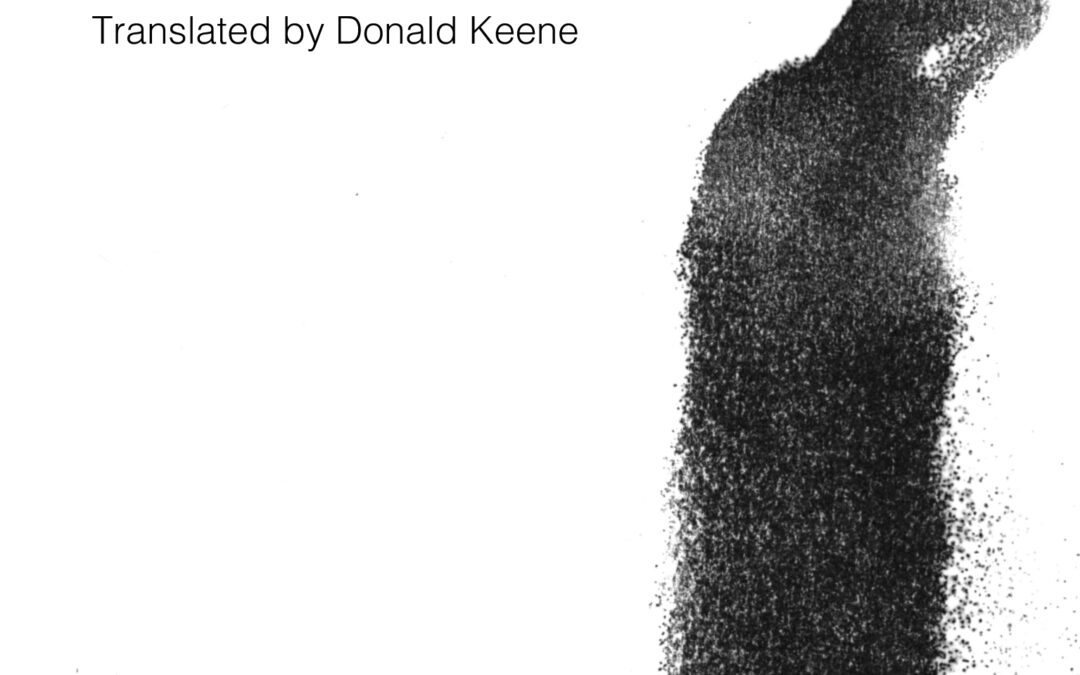My son gifted me this Japanese classic, No Longer Human or Ningen Shikkaku, by Osamu Dazai – the pen name of author Shuji Tsushima – (Tuttle 1981) but first published decades earlier. The author’s tragic life story is fascinating, even more so because it is frequently replicated in the narrative of No Longer Human, in a process that we now might call auto fiction. I read this book while recently in Japan which somehow made it all the more poignant.
Dazai came from a wealthy landowning family and attended Tokyo Imperial University where he studied French literature before dropping out to write full-time. ‘A leading light of the Japanese avant-garde, (Dazai) gained wide recognition after the war for his pessimistic novels…exploring the possibility of redemption for the misplaced people with whom he closely identified.’ He made several suicide attempts over 20 years, eventually succeeding in a double suicide in 1948 at the age of only 39 years, shortly after the completion of this novella. I mention this author history because his life so closely imitates the novel itself.
No Longer Human is a pessimistic, misanthropic story about a young man navigating the space between his traditional, aristocratic, provincial family and his immersion into the ever-increasing impact of modern Western ideas. Mostly autobiographical, as noted, the narrative explores Dazai’s feeling of being ‘disqualified from being human’ and the sense of loss he experiences, like many Japanese at the time, while struggling to reconcile tradition with a changing, developing global economy.
A simple story told in simple language, the book depicts the protagonist’s life (‘Mine has been a life of much shame’) in the form of notebooks supposedly found after his (fictional) death. His ambitions, hubris, ennui, depression, shame, lovers, appetites, failures, suicidal thoughts and philosophising are presented in diary form, made all the more interesting by quite a long preface written by the translator, Donald Keene, who interprets Dazai’s writing and inspirations through an expert lens. His notes, and any google searching on the life of the writer himself, add layers of meaning to this book that might otherwise go unnoticed.
While by no means a joyful book, No Longer Human explores the ‘nature of despair’ and the small ways in which one might survive, especially by the power of imagination (and writing). Challenging and thought-provoking.

